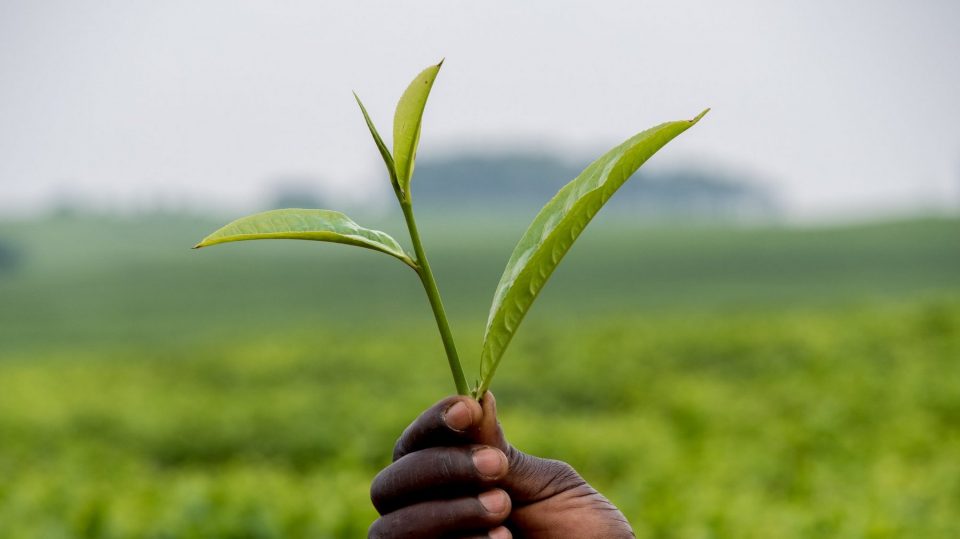With the increasing urgency to address climate change impacting businesses all over the world, companies are now more than ever working to incorporate sustainable and ethical best practice into all areas of their manufacturing and supply chain processes. While important for the planet, this shift is paying off for business too: a recent global study showed that 44% of companies found that sustainability efforts had improved their bottom line.
At Citrefine, natural, sustainable and ethical principles are at the core of our operations and we are committed to manufacturing and distributing Citriodiol®, a naturally-derived active substance for insect repellent products, in a way that is as environmentally friendly as possible.
We’ve been building on our sustainable and ethical practices for the past 25 years – and will continue to do so – and have found that there are a number of ways businesses can make small adjustments to their manufacturing and supply chain processes for the benefit of the planet, their customers and their business.
No matter what product you are manufacturing and selling, the supply chain process can be complex. But this also means that there are many points at which brands and businesses can make adjustments to reduce their environmental impact.
A good starting point is raw material sourcing – how can businesses ensure that supply of their materials is sustainable and reliable, while limiting the impact on the environment? At Citrefine, we have developed a robust and long-standing supply of our raw material by working closely with a number of different plantation owners and managers across the world. We have worked with these partners to ensure this process is as environmentally friendly as possible too.
At the Kawandama Hills Plantation in Malawi, for example, the Eucalyptus citriodora trees, which we source our Eucalyptus citriodora oil from, are grown for about 12 months before they are first harvested. Nothing is wasted: our trees are coppiced – just the small branches and younger leaves are taken for production – and allowed to regrow; extending their carbon sequestration capabilities as long as possible. At the end of their lifecycle, they are cut down and reused by local businesses, with their waste used as fertiliser and fuel.
The distribution of raw materials, and of end products, is also a big contributor to a company’s environmental impact so, again, it’s important for businesses to consider at which points in the distribution cycle they can make even minor changes to ease their footprint. At Citrefine, we have made the decision to ship all of our raw materials and most of our active ingredient by sea instead of sky. While this may take longer, with a little forward planning, our efficiency and profitability remain unaffected, while our environmental impact is greatly reduced.


